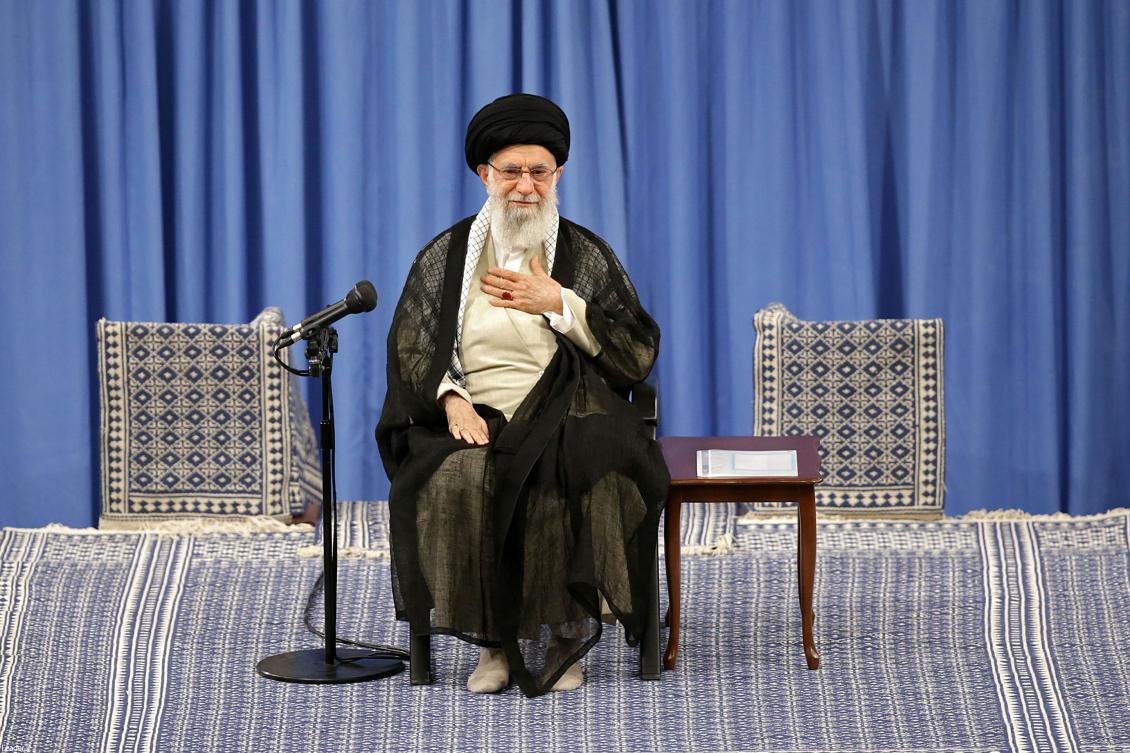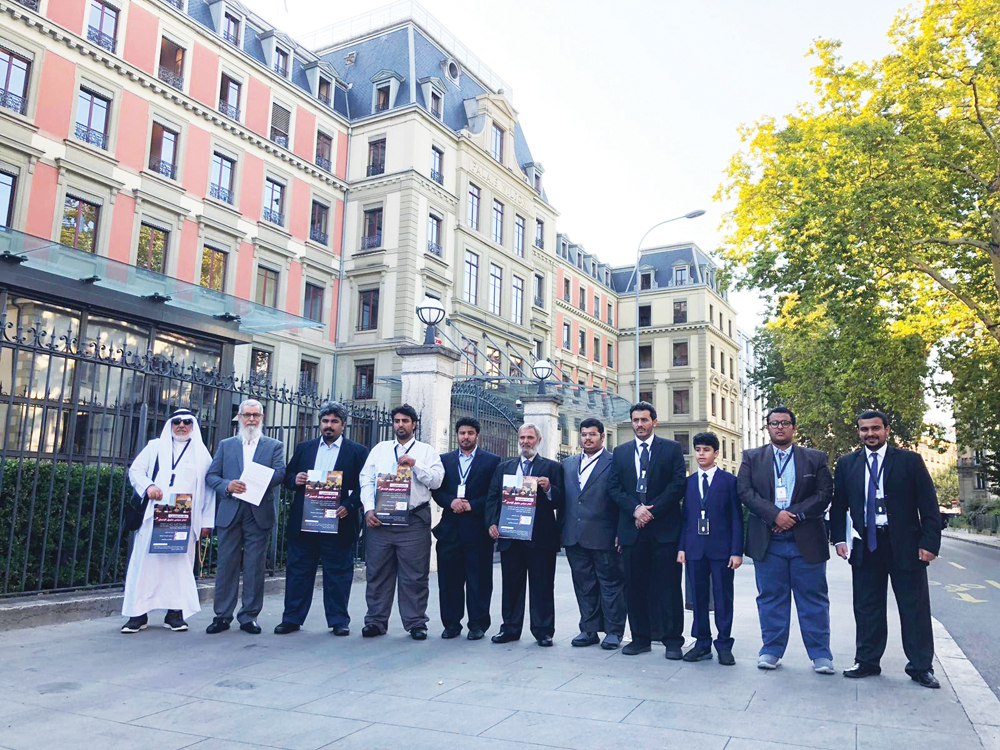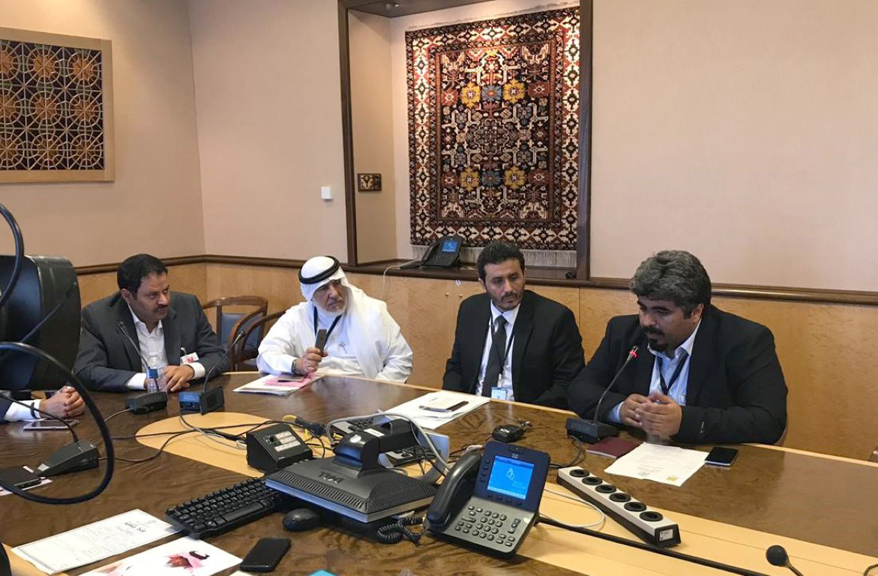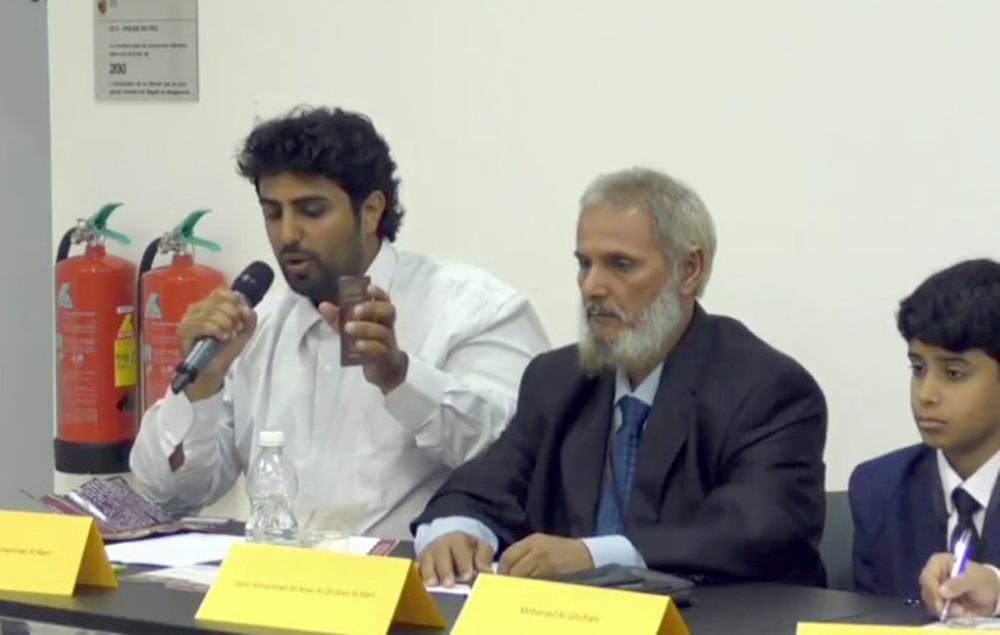US to step aside for Turkish assault on Kurds in Syria
WASHINGTON: The White House said Sunday that US forces in northeast Syria will move aside and clear the way for an expected Turkish assault, essentially abandoning Kurdish fighters who fought alongside American forces in the yearslong battle to defeat Daesh militants.
Turkish President Recep Tayyip Erdogan has threatened for months to launch the military operation across the border. He views the Kurdish forces as a threat to his country. Republicans and Democrats have warned that allowing the Turkish attack could lead to a massacre of the Kurds and send a troubling message to American allies across the globe.
US troops “will not support or be involved in the operation” and “will no longer be in the immediate area,” in northern Syria, White House press secretary Stephanie Grisham said in an unusual late-Sunday statement that was silent on the fate of the Kurds. There are about 1,000 US troops in northern Syria, and a senior US official said they will pull back from the area — and potentially depart the country entirely should widespread fighting break out between Turkish and Kurdish forces.
The announcement followed a call between President Donald Trump and Erdogan, the White House said.
The decision is a stark illustration of Trump’s focus on ending American overseas entanglements — one of his key campaign promises. But his goal of swift withdrawals in Syria, Iraq and Afghanistan have been stymied by concerns from US officials and American allies about the dangerous voids that would remain. As he faces an impeachment inquiry at home, Trump has appeared more focused on making good on his political pledges, even at the risk of sending a troubling signal to American allies abroad.
Key Republican leaders in Congress appeared taken aback by the move.
House Minority Leader Kevin McCarthy, R-Calif., said Monday in an appearance on “Fox & Friends” that he had not spoken with Trump about the decision and had concerns.
“I want to make sure we keep our word for those who fight with us and help us,” he said, adding that, “If you make a commitment and somebody is fighting with you. America should keep their word.”
One of the show’s hosts, Brian Kilmeade, asked McCarthy to try to intervene and “call the president before it’s too late.”
Sen. Lindsey Graham, R-S.C., one of Trump’s most vocal backers, also weighed in via tweet, saying that, “If press reports are accurate this is a disaster in the making.”
Trump, meanwhile, tweeted a lengthy defense Monday morning, writing in all-caps that, “WE WILL FIGHT WHERE IT IS TO OUR BENEFIT, AND ONLY FIGHT TO WIN.”
In December, Trump announced he was withdrawing American troops from Syria but was met with widespread condemnation for abandoning Kurdish allies to the Turkish assault. The announcement prompted the resignation in protest of then-Defense Secretary Jim Mattis, and a coordinated effort by then-national security adviser John Bolton to try to protect the Kurds.
Since January, US officials have tried to broker the creation of a “safe zone” in northern Syria to provide a security buffer between the Turkish military and Kurdish forces, but Turkey has repeatedly objected to its slow implementation.
The White House announcement Sunday came a day after Erdogan offered the strongest warning yet of a unilateral military operation into northeastern Syria, as the Turkish military has been dispatching units and defense equipment to its border with the area.
“We have given all kinds of warning regarding the (area) east of the Euphrates to the relevant parties. We have acted with enough patience,” Erdogan said.
The Kurdish-led Syrian Democratic Forces threatened to respond forcefully to any Turkish incursion.
“We will not hesitate to turn any unprovoked attack by Turkey into an all-out war on the entire border to DEFEND ourselves and our people,” SDF spokesman Mustafa Bali tweeted Saturday.
A Kurdish official speaking on condition of anonymity because he’s not authorized to brief reporters said Monday they expect a limited Turkish operation and are still working to ascertain what will happen with American forces in the region. The official said the view is that Kurdish-led forces have a legitimate right to self-defense.
Turkey considers the People’s Protection Units, or YPG, an extension of the Kurdistan Workers’ Party, or PKK, which has waged an insurgency against Turkey for 35 years.
A senior US official said Sunday that American troops will pull back from the security zone in northeastern Syria, where they have been working with Turkish troops, to an unspecified out-of-the-way location. There have been US troops around Manbij.
The official added that if Turkey goes ahead with the incursion into Syria, it is expected to trigger a large combat response from the SDF, and US troops will almost certainly withdraw completely from Syria. The official spoke on condition of anonymity to discuss internal deliberations.
US defense leaders have long known that America would not get into an all-out war with Turkey, a NATO ally. But that has been stalled until now by aggressive negotiations by the US, urging Turkey against invading. The official said senior leaders never believed that the US would go to war to save the Kurds, but just hoped to put off that scenario.
The official said US leaders have spoken with the SDF and that the group, which has long fought alongside the US against Daesh, is disappointed and angry.
Mattis and other Pentagon leaders had worried that withdrawal would lead to a resurgence of Daesh in the country, particularly if the SDF abandon the prisons holding the fighters to battle Turkey.
The White House statement Sunday said Turkey will take custody of foreign fighters captured in the US-led campaign against the Daesh group who have been held by the Kurdish forces supported by the US
Ambassador James Jeffrey, the State Department envoy to the international coalition fighting the Daesh group, and Trump have said the Kurds have custody of thousands of captured Daesh militants. They include about 2,500 highly dangerous foreign fighters from Europe and elsewhere whose native countries have been reluctant to take them back and another 10,000 or so captured fighters from Syria and Iraq.
Trump has repeatedly demanded that European countries, particularly France and Germany, take back their citizens who joined the militant organization.
Kurdish officials have expressed concerns of a possible breakout by Daesh prisoners in case of fighting in the area. In a recently released audio recording, Daesh leader Abu Bakr Al-Baghdadi called on members of the extremist group to do all they can to free Daesh prisoners and women held in jails and camps.
Daesh was defeated in Iraq in 2017. In Syria it lost its last territory in March, marking the end of the extremists’ self-declared caliphate. Despite these battlefield defeats, Daesh sleeper cells have continued to launch attacks in both Iraq and Syria.

US troops start pullout from along Turkey’s border in SyriaUS conducts new joint patrol with Turkey in northeast Syria






